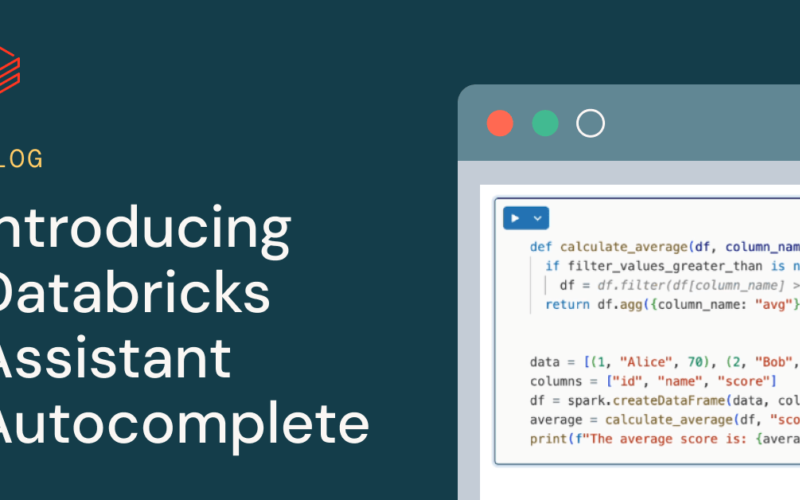21
May
As generative artificial intelligence (AI) systems become increasingly ubiquitous, their potential impact on society amplifies. These advanced language models possess remarkable capabilities, yet their inherent complexities raise concerns about unintended consequences and potential misuse. Consequently, the evolution of generative AI necessitates robust governance mechanisms to ensure responsible development and deployment. One crucial component of this governance framework is red teaming – a proactive approach to identifying and mitigating vulnerabilities and risks associated with these powerful technologies. Demystifying Red Teaming Red teaming is a cybersecurity practice that simulates real-world adversarial tactics, techniques, and procedures (TTPs) to evaluate an organization's defenses and…



